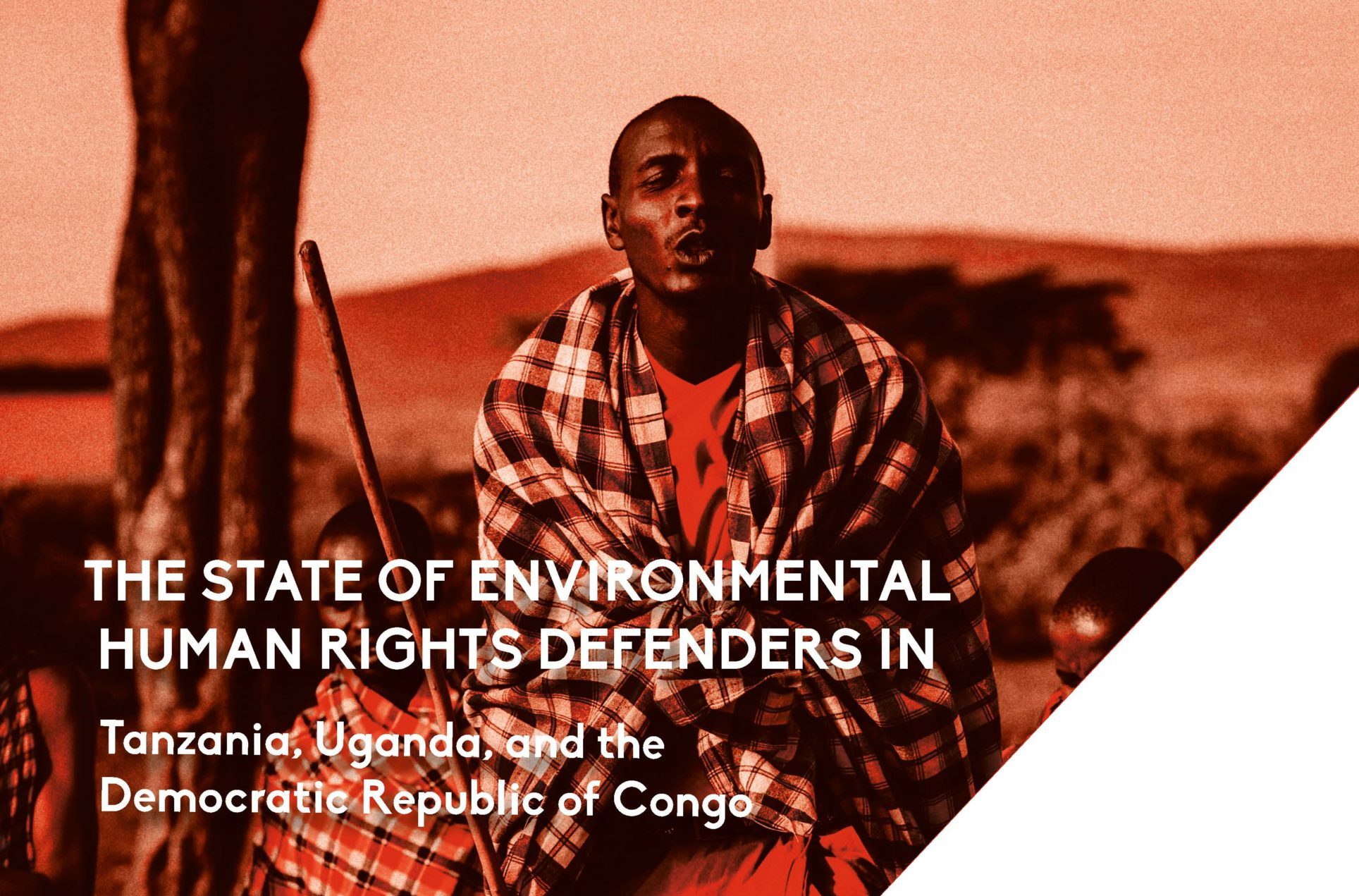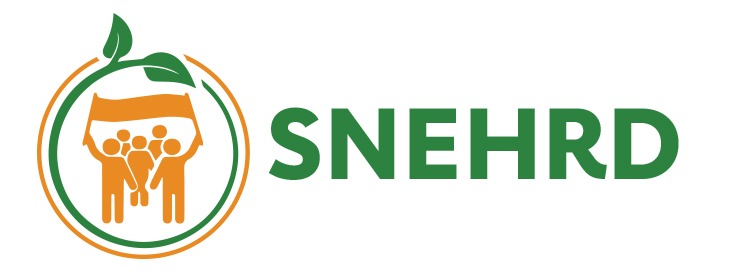
his report details the findings on the state of Environmental Human Rights Defenders (EHRDs) in Tanzania, Uganda, and the Democratic Republic of Congo (DRC). The study was commissioned by DefendDefenders under the project ‘Enhancing Protection of Environmental Defenders (EPED)’ in collaboration with the American Bar Association Rule of Law Initiative (ABA-ROLI). The project is an effort to understand the protection needs and existing gaps in order to formulate comprehensive resilience building support to those human rights defenders (HRDs) The study was participatory and consultative in all three (3) countries. In Tanzania, respondents were from Mwanza, Kigoma, Songwe, Mbeya, Singida, Tabora, Arusha, Kagera, Dar es Salaam and Ngorongoro. In Uganda, consultations took place in Arua, Adjumani, Gulu, Hoima, Mityana, Kampala, Wakiso and Karamoja region. In the DRC, consultations took place in Goma, Bukavu, and Haut Uele provinces.
The respondents were 61 (EHRDs) – twenty (20) respondents in Tanzania, (14 men and 6 women); twenty-one (21) in Uganda (18 men and 3 women) and twenty (20) in the DRC (17 men and 3 women). Overall, the findings demonstrate that despite their resilience, EHRDs navigate a complex and hostile environment characterized by an ambitious development agenda and growing investor activity sanctioned by the state authorities on one hand, and the quest for accountability and transparency, on the other. EHRDs are generally regarded as impediments to development programs and face severe reprisals for their work. Similar experiences in different contexts are registered in the three (3) countries, ranging from surveillance, threats and harassment to arbitrary arrests, abductions, enforced disappearances, displacement, exile, and death, in more serious cases. And yet, there is sometimes, little, to no acknowledgement of their work and situation among policy makers and to some extent, mainstream (HRDs). The security challenges, coupled with emerging and fast evolving laws intended to disable EHRDs activities threaten organizational existence; some of which have already shut doors. External strains are compounded by internal challenges, such as, limited technical knowledge on a wide range of environmental issues, absence of security protocols or the inability to execute existing security plans, inadequate advocacy strategies, meagre funding, poor organising, and the lack of access to legal recourse. In light of the aforementioned challenges, protection mechanisms have been established at the international, regional and national levels.
The UN established a Special Procedure ‘Mandate of the Special Rapporteur on the Situation of Human Rights Defenders’ in 2000. The mandate has seen been extended four (4) times; most recently, in 2020. It should be noted that the UN Special Rapporteur primarily receives complaints and engages states in dialogue but does not provide emergency support for HRDs. In 2004, the African Commission on Human and Peoples Rights established the Special Rapporteur on Human Rights Defenders in response to security threats. The mandate includes dialogue with member states, raising awareness about the UN Declaration on Human Rights Defenders and undertaking country visits, among others.
These efforts are bolstered 18 men and 3 women 20 14 men and 6 women 20 17 men and 3 women The respondents were environmental human rights defenders (EHRDs) 6 The State of Environmental Human Rights Defenders by non-governmental organizations (NGOs), including, DefendDefenders, AfricanDefenders (also known as, the Pan Africa Human Rights Defenders Network) – a network of regional networks in the East and Horn of Africa, West Africa, Central Africa, Northern and Southern Africa. These organisations are working to enhance the security of HRDs. At national levels, Tanzania, Uganda, and the DRC each have a national human rights institution – state agencies with a mandate to promote and protect human rights. The institutions have complaints mechanisms that determine rights violations of groups or individuals, including HRDs.
This report therefore documents the situation of EHRDs in select countries, thematically. The report details the protection, advocacy and capacity building needs, and outlines country-specific recommendations. The Tanzania human rights institute is formally known as the “Commission on Human Rights and Good Governance”. For a detailed analysis of the protection laws in each country, see the Inception Report, Annex II. The crosscutting protection, advocacy and capacity recommendations include: enhanced support for grassroots EHRDs, enhancing EHRD security in terms of training and funding of security plans to enable execution; bolstering advocacy efforts through thematic/ issue-based trainings, adoption of holistic strategies and approaches that include public interest litigation, strong EHRD networks and alliances with communities, state actors as well as, regional and international players; and increasing access to the EHRD toolkit and international/ national laws through development of compendiums of laws, among others.
